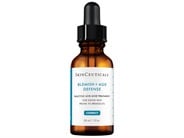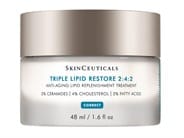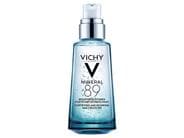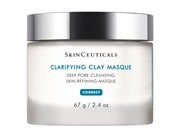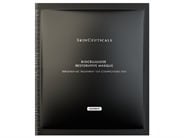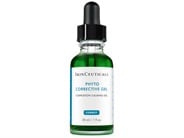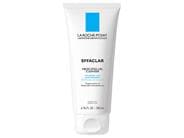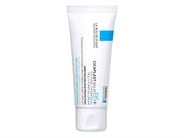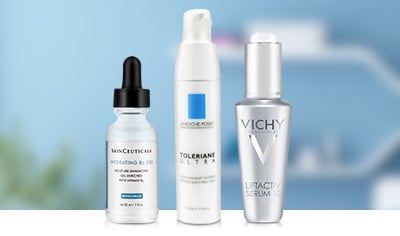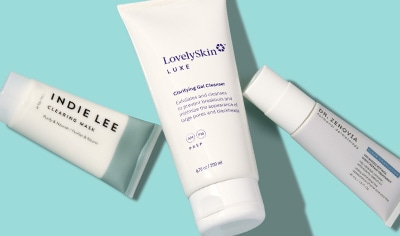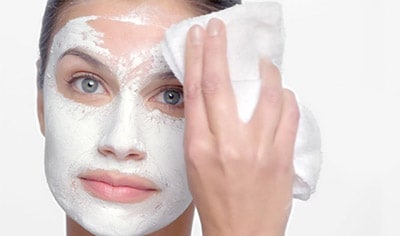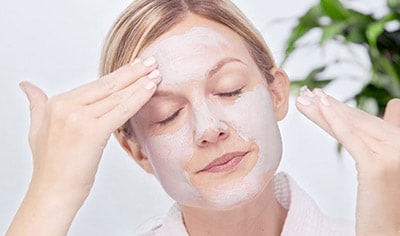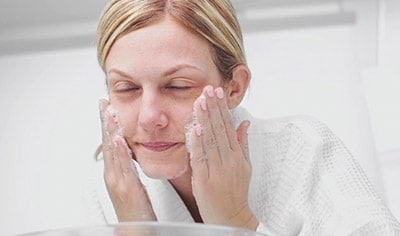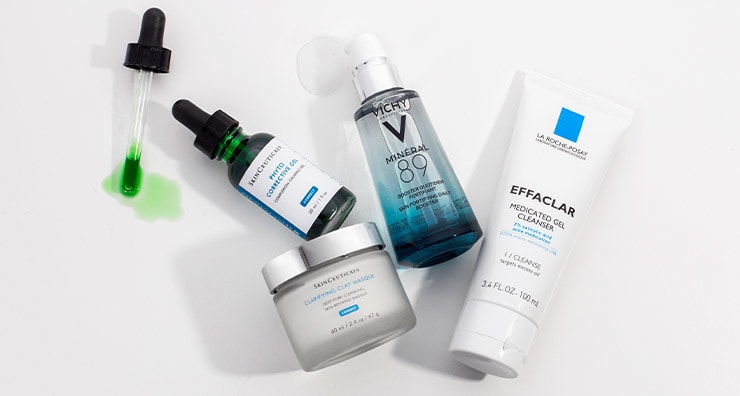
Masks aren’t going anywhere for a while. Essential for helping to prevent the spread of COVID-19, face coverings have swiftly and literally become a must-have accessory. Though imperative right now, face masks aren’t without their drawbacks, especially when our skin is concerned, but this is a small price to pay in the name of public health and safety. As maskne becomes more common, it’s important to understand what it is and how it occurs, so you can properly identify the issue you’re dealing with.
What’s Happening under Your Face Mask
Face masks inhibit the spread of COVID-19 (and other viruses) by hindering airflow to and from the face. In the process, they create a damp, warm environment that makes it hard for sweat to evaporate off the skin.
The microbiome of “good” and “bad” bacteria on our skin also comes into play. Beyond the tendency for masks to help trap “bad” bacteria within the pores, facial coverings may cause the microbiome to become unbalanced and lead to other skin-related troubles. Furthermore, mask-wearing can disrupt the skin barrier leading to a whole host of skin concerns that may be mistaken for maskne, even when it’s not acne at all.
Are You Experiencing Maskne or Something Else?
Maskne has become, at times, a misnomer, referring to various skin conditions that result from wearing a face covering. Avoid writing off symptoms and dismissing them as maskne without properly inspecting and identifying them to prevent certain issues from getting worse.
Acne Caused by Face Masks
Unfortunately, face masks provide the perfect environment for inadvertently trapping bacteria and oil within pores. This leads to true maskne, the breakouts that occur around the areas covered by face masks. Even if you never experience breakouts on this area of the face, you may see blemishes start to appear once you start to introduce face masks into your daily life.
The Solution
You don’t have to revamp your entire skin care regimen, but a few key products can help keep bacteria and breakouts at bay. Washing with a gentle exfoliating cleanser such as La Roche-Posay’s Effaclar Medicated Gel Cleanser before you mask up and when you get home makes a great first step.
From there, you can spot-treat blemishes with SkinCeuticals’ Clarifying Clay Mask. If necessary, incorporating a targeted serum like SkinCeuticals’ Blemish + Age Defense into your daily skin care routine helps provide continuous acne management.
Contact Dermatitis Caused by Face Masks
Higher levels of heat and humidity beneath your mask create a recipe for irritation, and that’s even before you factor in the actual components of your mask. That metal nose piece that ensures a snug fit can cause a reaction on skin sensitive to metals such as nickel. Also, choose a soft fabric face mask, as any friction can lead to areas of redness, swelling, itching or rawness over time.
The Solution
If you find yourself with problem spots, applying a barrier cream such as La Roche-Posay’s Cicaplast Baume B5 to these areas helps reduce friction to prevent further irritation. If at all possible, give your skin a break when it’s safe to remove your mask, and opt for a face covering made of a natural fiber like cotton. Wash it with a hypoallergenic, dye- and fragrance-free detergent between every use.
Pro Tip: For extra skin-soothing benefits, SkinCeuticals’ Phyto Corrective Gel and Biocellulose Restorative Masque help calm the skin and reduce visible redness. Try layering them for maximum relief!
Dry, Scaly Skin Caused by Face Masks
Too much oil leads to acne, but a mask made out of a fabric that absorbs your skin’s natural oils can also lead to dryness as well as potential irritation and sensitivity. Healthcare workers who spend the most time wearing personal protective equipment (PPE) experience more dry skin and peeling than acne. What’s more, those with a history of eczema are experiencing a worsening of symptoms in conjunction with the use of PPE (including face masks) as well, which makes proper skin care especially important.
The Solution
If you have dry or scaly skin, moisturize with a lightweight hydrating serum like Vichy’s Mineral 89 Hyaluronic Acid Face Moisturizer before you mask up. If you require additional moisture, adding a barrier repair cream, like the SkinCeuticals Triple Lipid Restore 2:4:2 can also reinforce the skin’s outermost protective layer while providing much-needed hydration.
To specifically deal with dryness and irritation caused by face masks, board certified dermatologist and LovelySkin CEO Dr. Joel Schlessinger, recommends FixMySkin 1% Hydrocortisone Healing Body Balm – Fragrance-Free:
"Using this balm after cleansing instantly soothes skin and replenishes moisture that may have been lost throughout the day while wearing a face mask. Plus, it's pocket- and purse-friendly, so you can reapply throughout the day to prevent dryness and irritation in the first place!"
Want to learn more about what maskne is and how to deal with it? Read the LovelySkin blog to get the latest skin care advice from board-certified dermatologist and LovelySkin CEO Dr. Joel Schlessinger and the rest of the LovelySkin experts!
Shop this blog

About the Author
Aaron serves as Editor at LovelySkin. Since graduating from the University of Nebraska at Omaha in 2016 with degrees in Creative Writing and English, he has immersed himself in the beauty industry. When he’s not writing about the latest beauty trends, he spends time cuddling his dogs, scouring antique stores, playing tennis and hiking.
Other Posts by AaronIs Adding Water to Your Shampoo a Good I...
Why It’s Important to Change Your Skin C...
Follow us on social
Follow us on social networks and be one of the first to learn about sales, giveaways, and free samples

